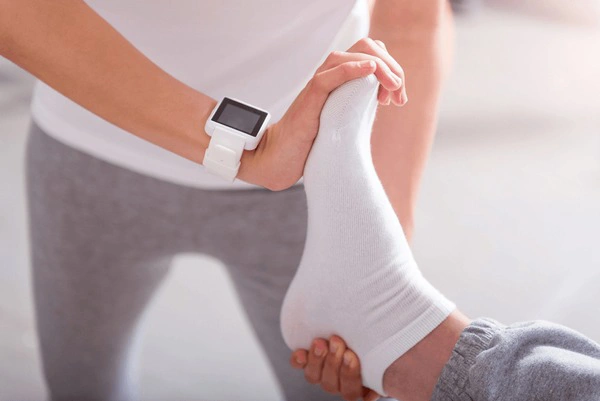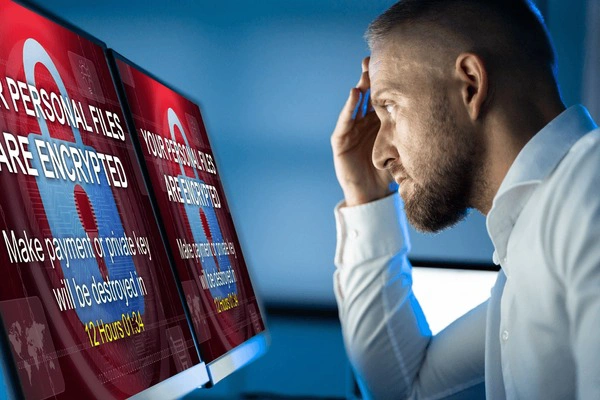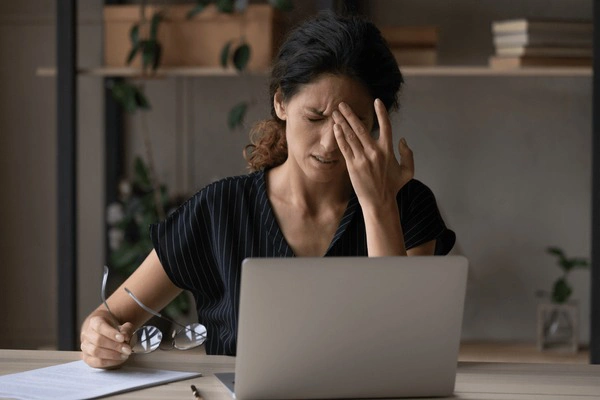
The Vital Role of Physical Activity in Enhancing Mental and Physical Health
Embracing physical activity is essential for boosting both mental and physical health. Whether it's improving mood, reducing stress, or enhancing physical fitness, exercise offers a multitude of benefits. Learn simple tips to integrate movement into your daily life and enjoy a healthier, more vibrant well-being.
Mia Gomez
04/12/2024 - 7 months ago

Understanding the Importance of Physical Activity
Physical activity is more than just a way to lose weight or build muscles; it's a crucial component of a healthy lifestyle. Engaging in regular physical activity can significantly improve both mental and physical health. Studies show that regular exercise boosts mood, increases energy levels, and enhances overall well-being. It helps to reduce stress, anxiety, and even symptoms of depression, making it an essential part of maintaining mental health.
Beyond mental health, physical activity plays a vital role in keeping the body fit and functioning efficiently. It strengthens the heart, improves circulation, and can help prevent chronic illnesses such as heart disease, diabetes, and obesity. Regular movement keeps the body agile, helping to maintain a healthy weight and improve balance and coordination, which is especially important as we age.
Moreover, physical activity doesn't have to be intense or time-consuming. Simple activities like walking, gardening, or even dancing around the living room can make a significant difference. The key is consistency and choosing activities that you enjoy, ensuring that exercise becomes a regular part of your routine rather than a chore.
Mental Health Benefits of Exercise
Exercise is like a natural mood booster. When you engage in physical activity, your body releases chemicals called endorphins, which interact with the receptors in your brain to reduce the perception of pain and trigger a positive feeling. This is often referred to as the "runner's high," but you don't have to be a runner to experience it. Any form of exercise can help lift your spirits and improve your mood.
Regular physical activity can also help reduce symptoms of anxiety and depression. It offers a way to break out of the cycle of negative thoughts that feed these conditions. Exercise provides a distraction, allowing you to find calm and clarity. It also helps to increase self-esteem, as achieving fitness goals or simply sticking to a routine can give a sense of accomplishment.
Another mental health benefit of exercise is improved sleep. Regular physical activity can help you fall asleep faster and deepen your sleep, ensuring that you wake up feeling refreshed and ready to take on the day. This is important because adequate sleep is crucial for mental well-being and overall health.
Incorporating Physical Activity into Your Routine
Finding ways to incorporate physical activity into your daily routine can be simpler than you think. Start small, especially if you’re new to exercise. Try taking short walks during your lunch break or choosing stairs over the elevator. These small changes can add up over time, leading to significant health benefits.
Consider activities that fit naturally into your lifestyle. For instance, if you enjoy socializing, join a local sports team or exercise class. This not only keeps you active but also provides an opportunity to meet new people and make exercising fun. If you prefer a more solitary approach, activities like yoga or cycling can be done at your own pace, allowing you to focus on your personal fitness journey.
Consistency is key. Try to set aside time each day for physical activity, even if it's just 10 minutes. As you become more comfortable, gradually increase the duration and intensity of your workouts. Remember, the goal is to make physical activity a regular part of your life, something you look forward to rather than dread.
Practical Tips for Staying Active
One effective way to stay motivated is to set realistic goals. Start with achievable targets, like walking for 20 minutes a day, three times a week. Once you reach these goals, gradually increase the challenge. This approach helps build confidence and keeps you motivated to continue.
Another practical tip is to track your progress. Keeping a journal or using a fitness app can help you see how far you’ve come, which can be incredibly motivating. Celebrate your achievements, no matter how small, and use them as a stepping stone to further success.
Finally, don’t be too hard on yourself. Life can be unpredictable, and sometimes you might miss a workout. That’s okay. The important thing is to get back on track as soon as possible. Remember that physical activity is not about perfection but about progress and maintaining a healthy lifestyle.


















